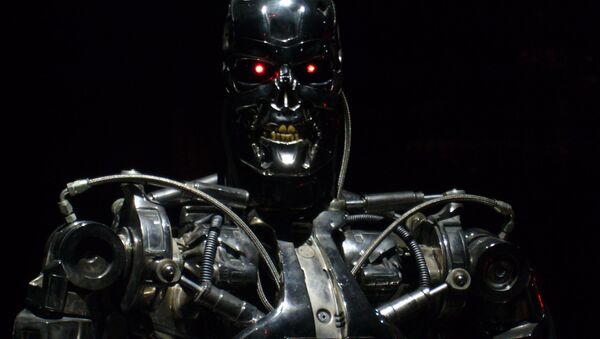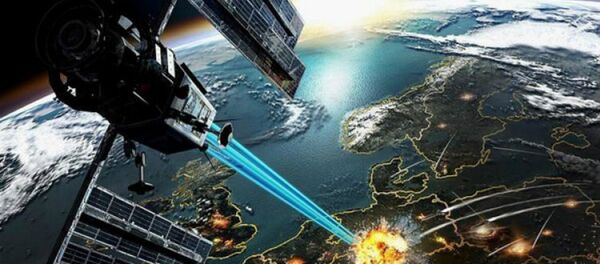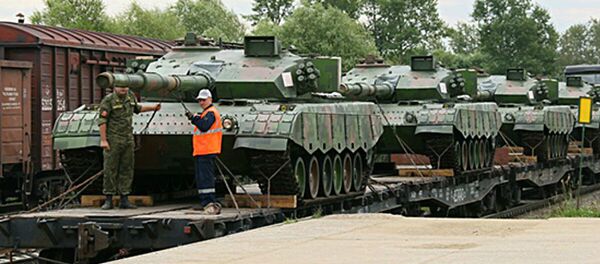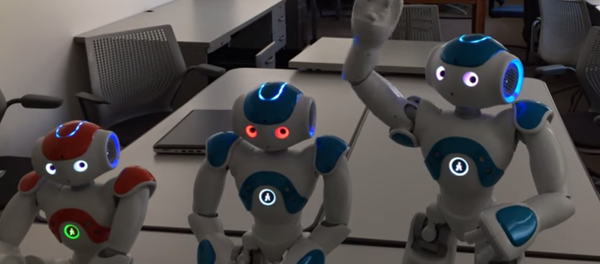The tactical battlefield of 2050 will surpass all expectations, since robots and super-human killers will be playing the first fiddle in the battle, according to thought leaders from the US Defense Department and the US Army Research Lab (ARL), scientists and security thinkers.
"The battlefield of the future will be populated by fewer humans, but these humans would be physically and mentally augmented with enhanced capabilities that improve their ability to sense their environment, make sense of their environment, and interact with one another, as well as with "unenhanced humans," automated processes, and machines of various kinds," the ARL report entitled "Visualizing the Tactical Ground Battlefield in the Year 2050: Workshop Report" stated.
According to the report, the success in future warfare would be determined by seven specific interrelated capabilities, namely: augmented humans, automated decision making and autonomous processes; misinformation as a weapon; micro-targeting; large-scale self-organization and collective decision making; cognitive modeling of the opponent; as well as the ability to understand and cope in a contested, imperfect information environment.
And that is not all, since the US army analysts even go so far as to consider the creation of genetically engineered super humans with enhanced physical capabilities, senses, and cognitive powers.
"The presence of super humans on the battlefield in the 2050 timeframe is highly likely because the various components needed to enable this development already exist and are undergoing rapid evolution," the report emphasized.
Alas, according to the authors of the report given that the enhanced capabilities super humans possess will depend upon communication processes, "hacking and spoofing attacks are also an option."
According to US expert in civil-military relations and cyber diplomacy Franz-Stefan Gady, such a bold warfare concept will require "new hybrid cognitive command architecture" to integrate and lead humans, superhuman and killer bots.
On the other hand, US expert Patrick Tucker, a technology editor for DefenseOne, highlights the future warfare ethical issue. Since the "dirty work" will be mostly committed by autonomous killing machines, humans will become the "referees." The question of who would be held responsible for deaths and the damage also comes up.
"Imaginary or not, it's that future explored in the workshop report: a future in which humanity can no longer control the rate or the effects of technological progress, at least not in the way that we attempt to do so today. That may be far more threatening than any particular enemy," Tucker concluded.




